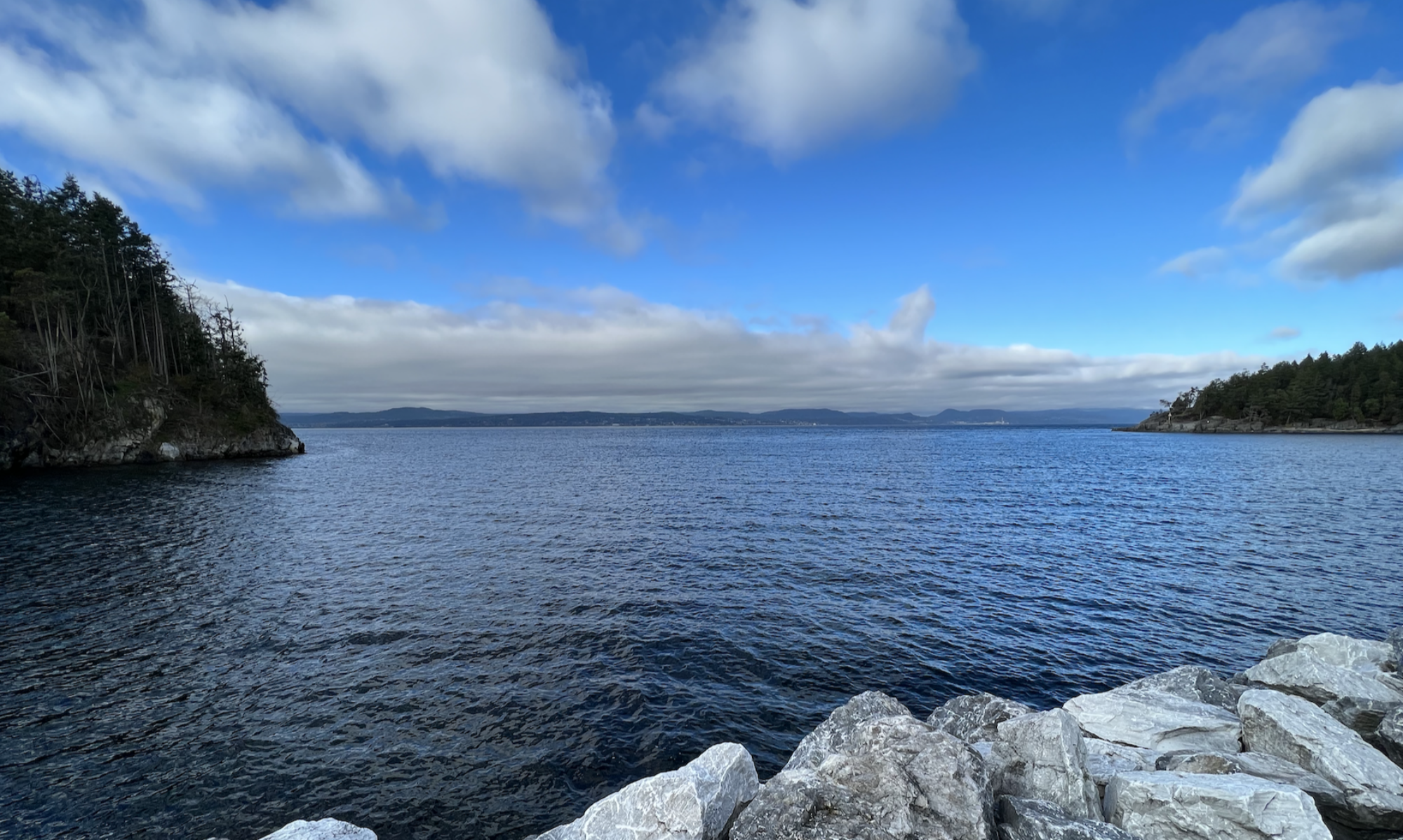Yesterday it was my privilege to listen to my friend Charles LaFond read to me a poem that he had written that morning. “Fluent in Thunder” is a poem for holy week in the Christian tradition. I was deeply moved to hear it. Charles is Canon at Saint John’s Cathedral in Denver. And he is a genuine human being, that wept through reading these words.
Read it here, with a photo posted in his blog, The Daily Sip. And follow his blog. It is worth it. Or, read it below. Sink in to this one.
.
Fluent In Thunder
Charles LaFond
It is hard to imagine what She felt that week.
She covers the planet in green, brown, blue
and every color of the rainbow-reminder.
She waves as wheat.
She swoons as flower.
She bears the massive responsibility of air as tree.
She waits as water.
She paves as grasses.
She makes food as vegetable plants;
growing for the hairless bipeds
whose rich seek to destroy her and whose poor
have little access to her food.
She lays majestic as sand making life
even when life seems impossible or unlikely.
She warms as earth even as she warms as sun.
She too was there that day at the cross,
whispering breeze and speaking thunder so fluently.
She provides small holes in which there is birth and metamorphosis.
Only the humans scream – most of her females bears life in the
same silence in which God does.
She eats and processes what she eats as billions of
worms, bees and maggots, making mulch.
She freezes molecules of ice between molecules of rotting wood,
splitting them apart so that soil may appear over time;
which is her great friend.
It is hard to imagine what She, the natural world, with a body
of green and blue, undulating in the chaord of growth,
felt like
that week
in which humans plotted and planned
the destruction of the Loving-Truth-Teller
the One with soft skin and kind eyes.
Creepy-clergy-climbers could see He needed to die.
Political leaders of church and state,
afraid of their smallness, could see He needed to die.
Counterfeit monks and artists could see He needed to die.
Religious competition could see that He needed to die.
Thousands of savior-impersonators could see that He needed to die.
Scribes in their book-forts could see that He needed to die.
But perhaps only She could see that part of God which God
implanted in her and also in Him:
the ability to die and then, after waiting in silent darkness, live again.
Perhaps She could see what would be Jesus’ emerging
simply and precisely because she experiences it so often,
so casually, so cyclicly, so naturally.
As Nature, she could recognize a being whose nature was life,
even if occasionally interrupted by being
cut with a scythe
or starved of water
or denied food
or choked on fumes
or poisoned by chemicals
or left alone to die.
Nature could see that all would be well, even if weird or stinky.
And yet, as Jesus began this Walk this week,
navigating princes, principalities and powers
in majestic silence,
head down,
looking at the planet’s crust for his encouragement,
She looked back and she wept through
her smile into his eyes. “Keep walking on me. I feel your feet.”
And then, in a few steps again she speaks his language;
“Jesus, king of kings, show them what we are.” She whispered
in her feminine voice of breeze, missed by influent scholars
as male voices accused
in their insecurity; little boys in big togas, punching at the One Who Is.
And Jesus, looking down at dirt, saw God and remembered the
mountain-side chats they used to have before the Great Silence;
remembered divine encouragement,
inhaled, and allowed the story to unfold, just for the next 15 minutes, and the next, and then the next – the way we must live in those times.
And so Nature and Jesus let life unfold in
manageable segments, 15 minutes at a time
in horror
in increments of a few minutes
when night and day were too long a stretch for the unfolding.
And then, as whips hit flesh, the blood spattered onto Her grasses,
As the nails hit bone, the blood spattered onto Her rocks,
As the fever-sweat dripped down wood and slid silently into dirt and around maggots from past occupants.
And as His eyes rolled back into a sacred socket-darkness,
and as saliva dropped onto a lone dessert flower emerging from the rock,
After dawning every day at God’s agreement for existence to Be;
after mornings and mornings of her request for life were again and again granted by the One,
She almost died.
And in her fight to stay alive, God flared up inside her
and in her revival she She clouded over
and thundered blue-black, like his bruises,
just to show Him, with closed-eyes, that she was still there.
He could see Her stormy darkness even under his closed, sticky lids
and felt the chill of the brief desert-night as Nature commiserated with Jesus
And his question,
about whether or not
God had abandoned Him
was answered.
We think God was silent.
Perhaps only because we are not fluent in thunder.
